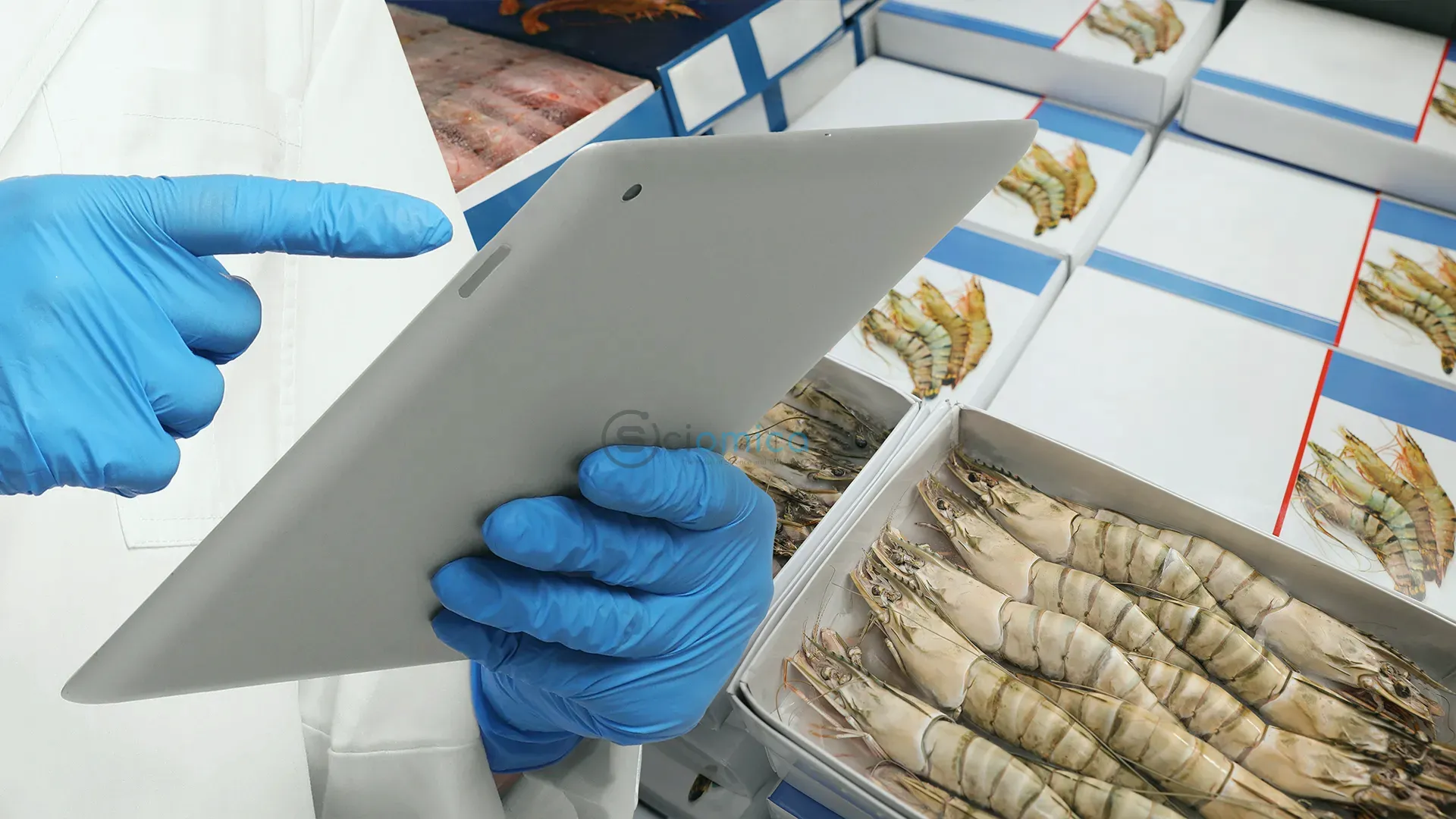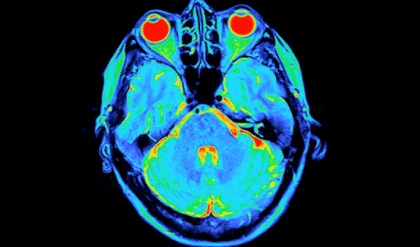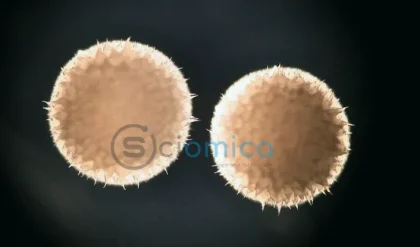Colistin, a critical antibiotic reserved for severe bacterial infections resistant to other treatments, is facing a significant challenge as resistance to its efficacy continues to escalate. Recent findings from researchers at the University of Georgia highlight a concerning avenue for this resistance: imported seafood. Microbiologist Issmat Kassem, Ph.D., and his team discovered the first isolation of colistin-resistance genes in bacteria from shrimp and scallops obtained from various food markets in Atlanta, Georgia. These findings will be presented at the ASM Microbe 2025 conference in Los Angeles, with a detailed paper set to be published in the American Society for Microbiology’s journal, mSphere.
“Our seafood consumption is high, and the majority of it is imported, particularly shrimp, of which around 90% comes from outside the U.S.,” Kassem remarked. While imported seafood undergoes screening to detect contaminants, the current methods are not foolproof, particularly regarding antimicrobial resistance, which often goes unchecked. Kassem’s research indicates that the bacteria harboring colistin resistance genes are not typically included in routine screening practices. His team discovered that some of these resistance genes resided on plasmids—circular DNA fragments that can transfer between bacteria, thereby amplifying the spread of resistance.
The ramifications of antimicrobial resistance are dire—these infections claim the lives of hundreds of thousands globally every year, making the issue a pressing public health threat. Originally introduced in the 1950s to combat pathogenic Gram-negative bacteria, colistin fell out of favor in the U.S. by the 1980s due to its side effects, which can severely impact patients’ kidneys and nervous systems. However, it was reintroduced in human medicine as a last-line defense due to the dwindling options for treating resistant infections. The World Health Organization designates colistin as critically important for human health, underscoring its essential role in managing severe infections.
In a pivotal discovery in 2016, scientists identified mobile colistin-resistant genes known as mcr, which exhibit the ability to transfer between bacteria via plasmids. Prior to this, many researchers believed resistance was solely inherited. The discovery of at least ten mcr genes with various alleles underscores the growing complexity of the resistance landscape. Kassem, who has dedicated two decades to studying antimicrobial resistance, speculated that the global food trade plays a crucial role in the dissemination of these genes.
“Our food sourcing is highly international,” he explained. “A single meal could be composed of ingredients from multiple nations, some of which may not have strict regulations on antibiotic use in livestock.” His previous studies even detected mcr genes in Georgia’s wastewater, linking the resistance mechanisms to their bacterial hosts. Upon screening seafood from local markets, Kassem and his team identified the same bacteria and plasmids previously observed in wastewater, yet they found encouragingly no presence of resistance genes in locally sourced seafood.
While this research has pinpointed one source of colistin resistance, Kassem warns that other vectors likely exist and may be proliferating. “In our interconnected world, the movement of people and food facilitates the spread of resistance across borders, making it imperative to enhance monitoring systems and foster global collaboration to combat antimicrobial resistance.” This work underlines the importance of vigilance in safeguarding public health and addressing the urgent challenge posed by antibiotic resistance.







